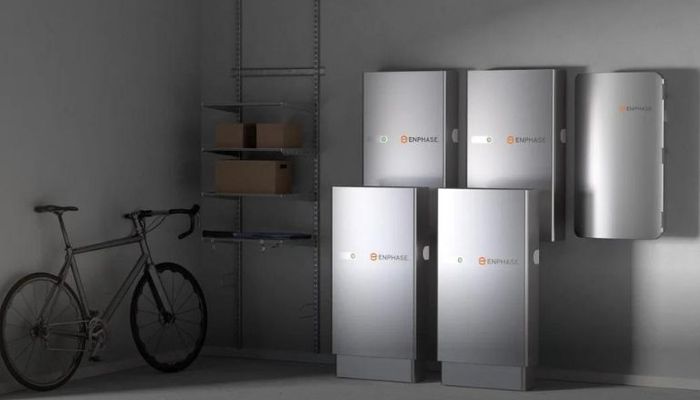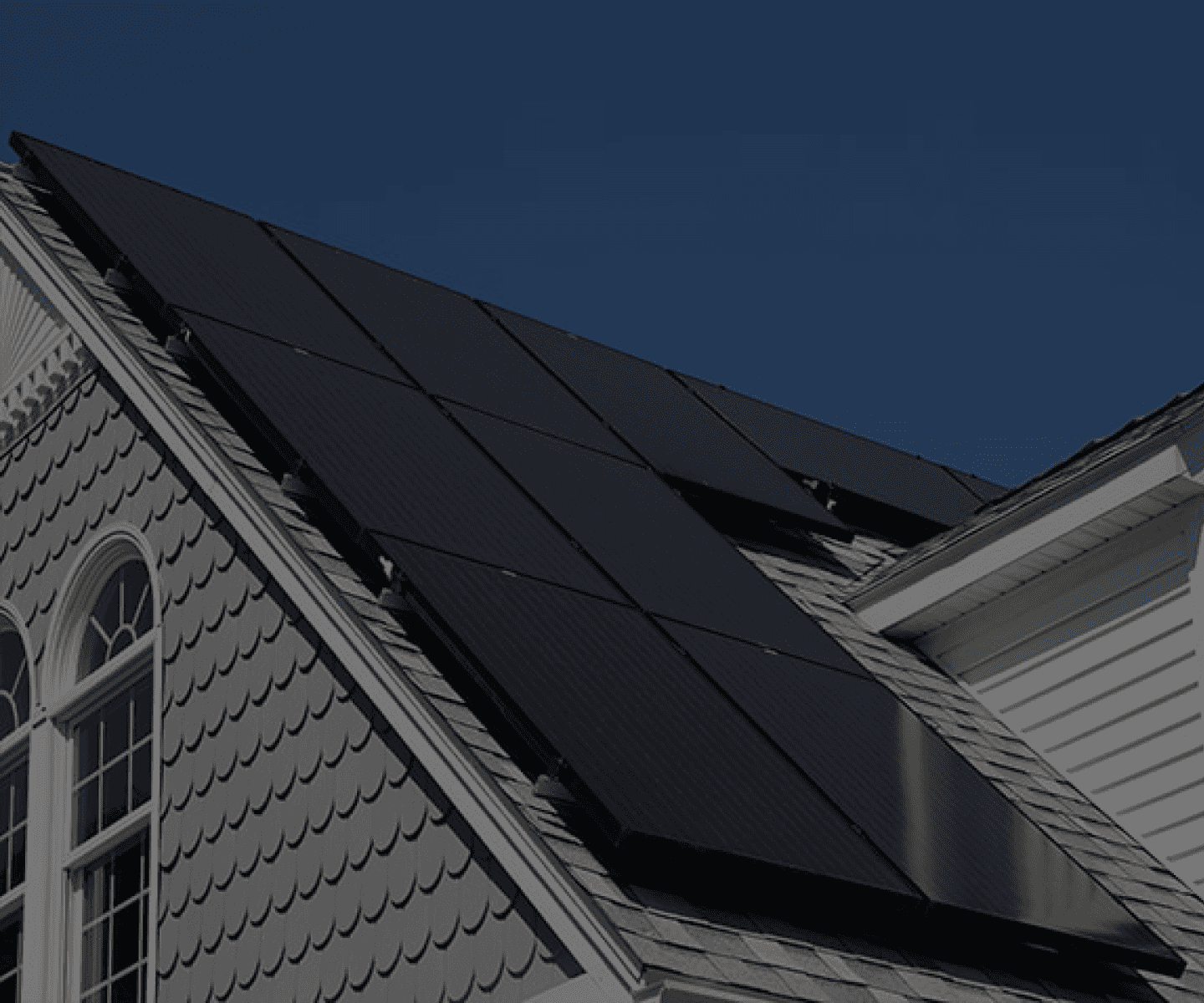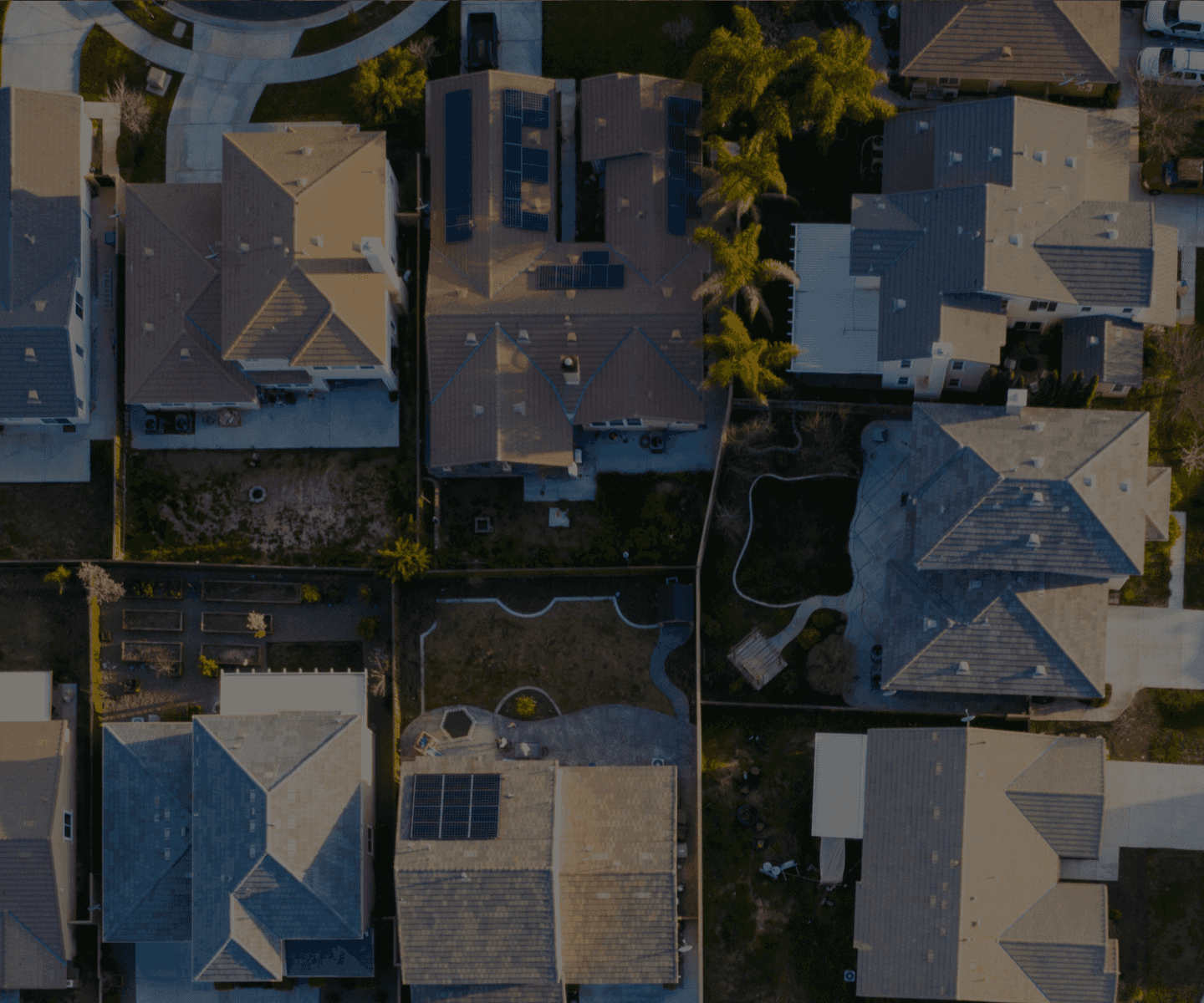Solar Panel Testing Standards Explained

With so many variations of solar panels on the market, choosing which brand or model to buy can be challenging. Testing standards and certifications can help you navigate the selection process and distinguish different solar panels.
Today, we’ll discuss solar panel testing standards and certifications — what they mean, how to interpret them, and how to apply them in your purchasing decision.
Standards vs. Certifications
There is a difference between a “standard” and a “certification.”
Standards are design qualifications written by entities like Underwriters Laboratories (UL), International Electrotechnical Commission (IEC) and International Organization for Standardization (ISO).
A certified solar panel indicates that a recognized, approved laboratory tested that solar panel to ensure it meets specific standards.
UL 1703 Solar Panel Testing Standard
One of the most important solar panel testing standards is UL 1703, officially published by Underwriters Laboratories.
UL 1703 sets safety standards for flat-plate PV modules — the typical solar panel with glass on the front.
Why Is UL 1703 Important?
Cities and counties in the United States will only issue installation permits for solar panels with a UL 1703 certification. This means a manufacturer must send their solar panels to a Nationally Recognized Test Laboratory (NRTL) like Underwriters Laboratories, Intertek, TUV or CSA Group for testing.
Once the solar panel passes the test, the lab will provide a certification stating that the solar panel meets the UL 1703 standard. This process is also known as UL listing, so you might also notice manufacturers using the term ‘UL Listed.’
A UL Listed solar panel will have a particular indication on the label from the NRTL that issued the certification.
What Does UL 1703 Cover?
The recognized test laboratory that completes testing and certification for UL 1703 follows standard procedures for every PV module. Criteria include:
- Energy Yield: All photovoltaic modules are rated for power output under Standard Test Conditions (STC). This is an important industry standard; when you compare watts, volts and amps between solar modules, you are comparing apples to apples.
- Stress Tests: The UL solar panel tests also include testing to ensure product safety and durability in various weather conditions like heat, cold, rain and even hail.
Other Common Solar Panel Certifications
Aside from the UL 1703 certification, there are other certifications that solar panel manufacturers can earn to distinguish themselves from competitors.
IEC
The IEC writes standards that go above and beyond the UL 1703 standard.
IEC 62716 is a standard that tests a solar panel’s resistance to ammonia. This would be a concern for solar installations near farms or livestock, as corrosion caused by ammonia could accelerate the degradation of a solar panel and reduce overall production over the system’s lifetime.
IEC 61701 is a standard that tests how well a solar panel stands up to salt sprays. This would be important for solar system installations near a coastline.
IEC 60068-2-68 is a standard that tests how much blowing sand a solar panel can handle. You’ll want to find solar panels with this certification if you’re installing a solar system in the desert where there are frequent dust storms.
ISO
Solar panel manufacturers certify their manufacturing plants to give you additional peace of mind.
You might notice factory certifications like ISO 9001 (Quality Management) or ISO 14001 (Environmental Management) in solar manufacturer brochures, indicators of a quality facility and quality product.
DNV GL
Other certification programs test PV module performance and durability over time, such as the DNV GL PV Module Reliability Scorecard.
Financial companies that invest in solar leases or large solar farm products will look for certifications like the DNV GL to assess the “bankability” of a particular solar panel.
What Certifications Should I Look For?
To earn a stamp of approval on your solar permits in the United States, you must use solar panels with a UL 1703 certification. Beyond that, it is up to you.
As mentioned above, if you plan to install solar panels in high-impact environments like farmlands, coastlines or deserts, consider shopping for panels with those bonus certifications.
Solar panels with extra certifications typically cost more per watt but may be necessary depending on your location. You’ll have peace of mind knowing that your solar panels can perform better in the long run.
If you have more questions regarding solar panel testing standards and certifications, contact the pros at GoGreenSolar. We’re a team of DIY solar experts with years of experience planning, designing and installing solar systems on residential and commercial properties. Allow us to help you with your upcoming solar project!






